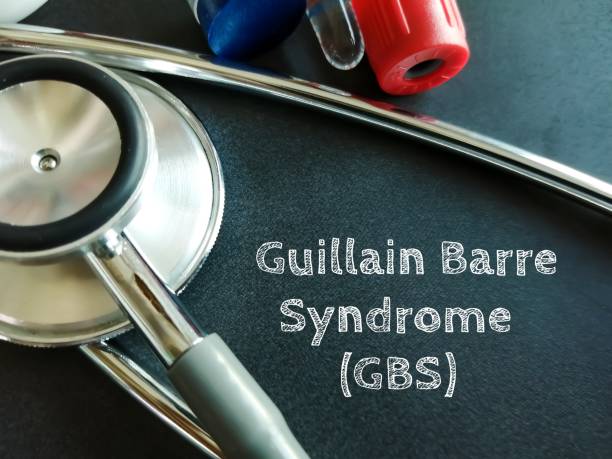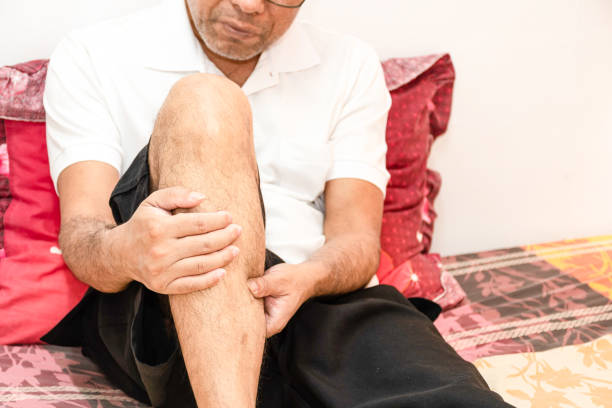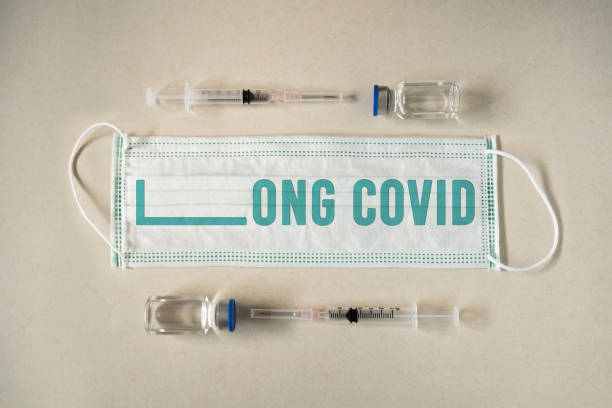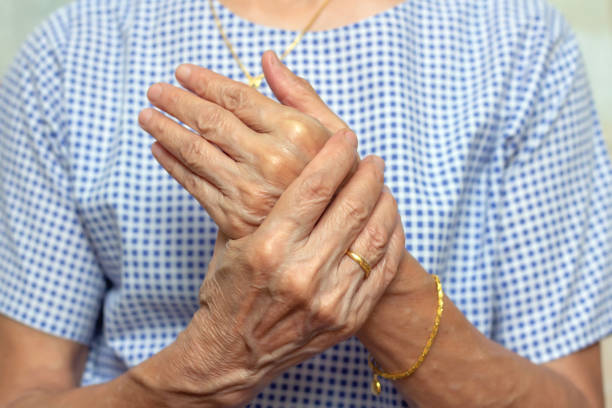Many people recovering from COVID-19 experience lingering dizziness and vertigo, making daily life challenging. These symptoms can range from mild imbalance to severe spinning sensations, often accompanied by nausea, headaches, or brain fog. While the exact causes are still being studied, researchers believe inflammation, nervous system disruption, and inner ear dysfunction play a role. Fortunately, several strategies and treatments can help manage post-COVID dizziness and vertigo, offering relief and improving overall well-being. This article explores the most effective approaches, backed by scientific research and expert recommendations.
Why Does COVID-19 Cause Dizziness and Vertigo?
COVID-19 can impact the body’s balance system in multiple ways. The virus may cause direct inflammation in the vestibular system, which controls balance and spatial orientation (Frontiers in Neurology). Additionally, prolonged inflammation, changes in blood circulation, and nerve damage can lead to persistent dizziness. Some people also develop postural orthostatic tachycardia syndrome (POTS), a condition where standing up triggers dizziness due to abnormal heart rate regulation (Journal of the American College of Cardiology).
The Role of Vestibular Rehabilitation Therapy (VRT)
Vestibular Rehabilitation Therapy (VRT) is a specialized form of physical therapy designed to help retrain the brain and body to manage balance effectively. Studies suggest that VRT can significantly improve symptoms in patients experiencing dizziness and vertigo after viral infections (Journal of Neurology). Exercises focus on head movements, eye coordination, and posture to strengthen balance. Working with a vestibular therapist can be highly beneficial for those struggling with persistent post-COVID dizziness.
Hydration, Electrolytes, and Blood Circulation
Dehydration and electrolyte imbalances can worsen dizziness. COVID-19 can disrupt fluid balance, leading to low blood pressure and dizziness upon standing. Drinking enough water, replenishing electrolytes, and maintaining adequate salt intake (within recommended guidelines) can help stabilize blood circulation (Mayo Clinic). Compression stockings and slow position changes can also minimize dizziness associated with POTS and orthostatic intolerance.
Anti-Inflammatory Diet and Nutritional Support
Inflammation contributes to post-COVID dizziness, so adopting an anti-inflammatory diet may aid recovery. Omega-3 fatty acids, found in fatty fish and flaxseeds, help reduce neuroinflammation (Nutrients). Additionally, vitamin B12, magnesium, and CoQ10 support nerve function and energy metabolism, which can improve symptoms (American Academy of Neurology). Consuming antioxidant-rich foods, such as berries and leafy greens, may also promote healing and reduce oxidative stress.
Managing Stress and Anxiety for Better Balance
Dizziness and vertigo can be worsened by stress and anxiety. The body’s fight-or-flight response triggers changes in blood pressure and breathing, making symptoms feel more intense. Mindfulness practices, breathing exercises, and meditation can help regulate the nervous system (Harvard Medical School). Cognitive-behavioral therapy (CBT) has also been shown to help individuals cope with chronic dizziness-related anxiety, improving overall quality of life.
Medications and Supplements That May Help
Some medications, such as antihistamines (e.g., meclizine) and vestibular suppressants, can temporarily relieve vertigo symptoms, though they should not be used long-term without medical guidance (Johns Hopkins Medicine). Supplements like NAC (N-acetylcysteine) and alpha-lipoic acid (ALA) have shown neuroprotective effects and may aid in recovery from post-viral dizziness (Biomedicines).
When to Seek Medical Help
If dizziness persists or worsens, consulting a healthcare professional is crucial. Neurologists and ENT specialists can assess whether inner ear damage, vestibular disorders, or neurological conditions are contributing factors. Advanced tests, such as vestibular function testing or autonomic nervous system assessments, may provide deeper insights into the underlying cause (Cleveland Clinic).
Final Thoughts
Post-COVID dizziness and vertigo can be distressing, but understanding the underlying causes and applying targeted strategies can help manage symptoms effectively. From vestibular rehabilitation and hydration to an anti-inflammatory diet and stress management, various approaches can support recovery. If you’re experiencing ongoing dizziness, consider speaking with a specialist to explore tailored treatment options. Your body has the capacity to heal, and the right interventions can make a significant difference in regaining balance and stability.
📩 Subscribe to our newsletter for more recovery tips and health insights!




